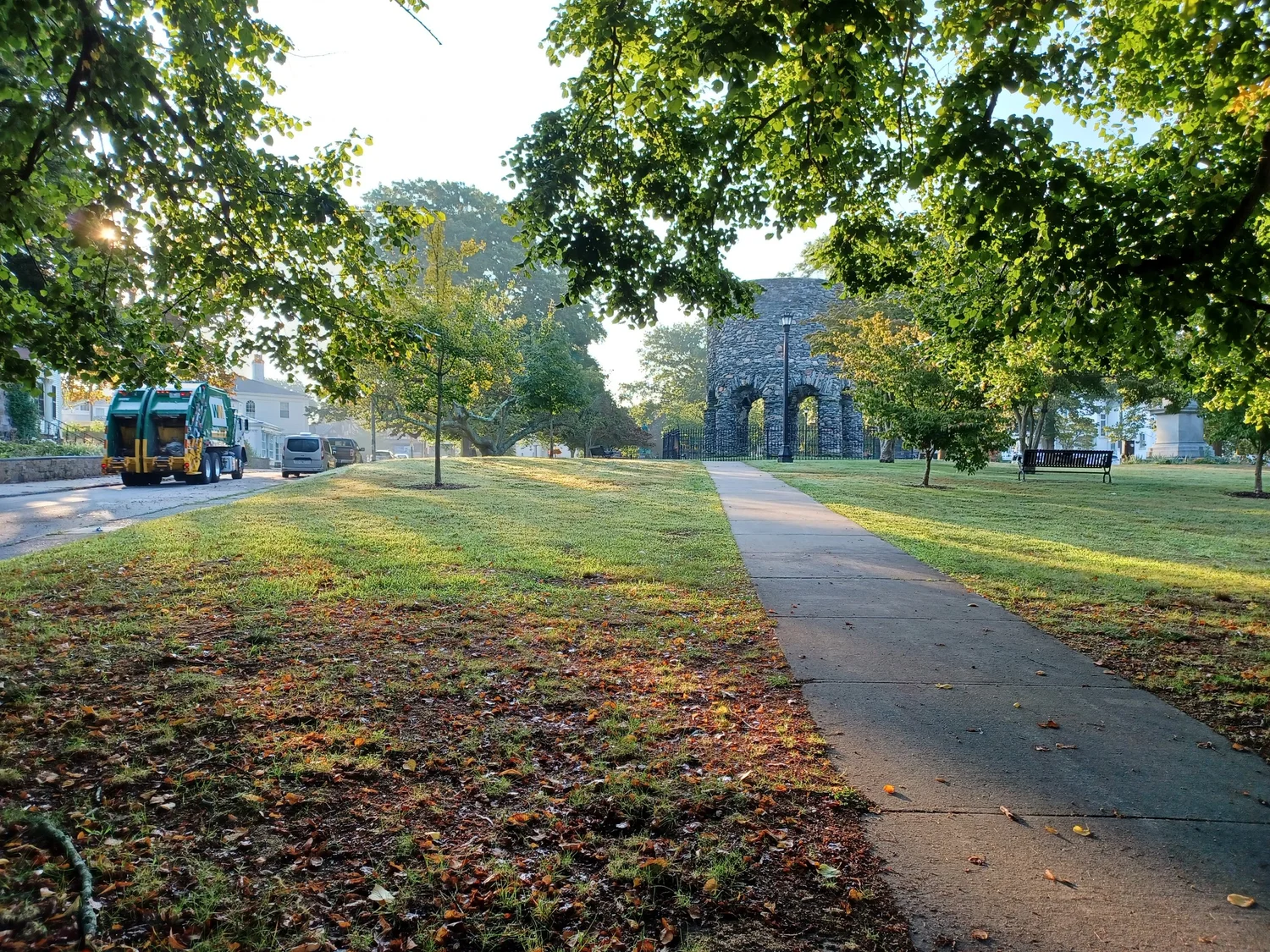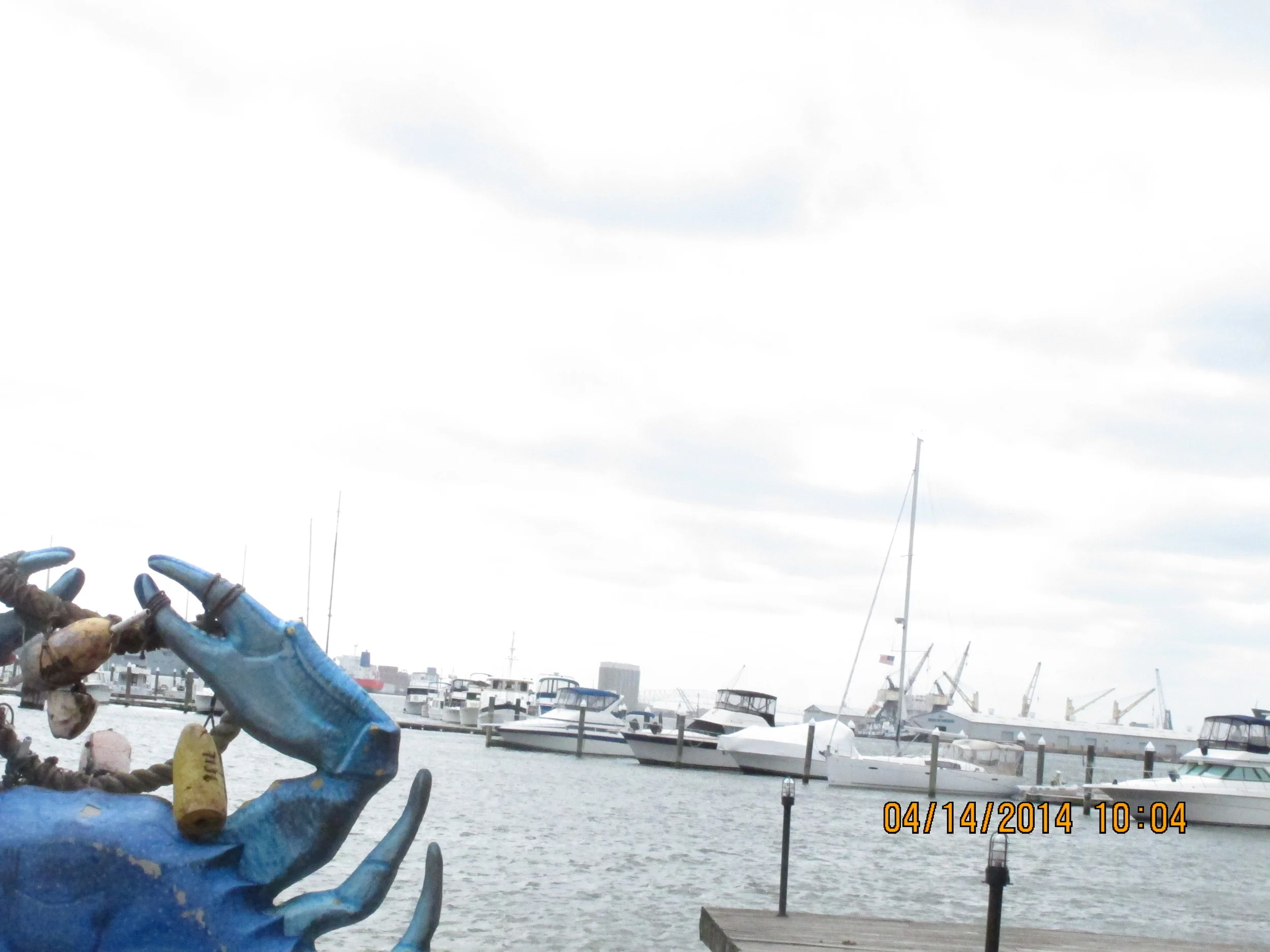Know the Low Down That's Coming Up
/Twice this week, I’ve joined seminars that turned out standing-room-only. The first occurred when I helped support four experts who led a session at the National Adaptation Forum in St. Paul. They were explaining approaches to evaluating climate-adaptation projects. The second occurred at the local Waterfront Alliance’s Waterfront Conference yesterday. I sidled into a discussion on resilience metrics. Again, the metric of “enough chairs” needed revising. Lots of us are determined to find ways to measure how we adapt.
People who need to reckon with how heat, floods, and volatility will upend their economies - which is to say, “people” - manifestly yearn for a strong method to gauge how their adaptive investments are meeting the moment. And the moment barely registers, because the future unfolds in fog. The claim that “doing something is enough,” if it ever gained traction, has popped like yesterday’s carnival soap bubble.
In the session I supported and the one I watched, experts agreed that the metrics we all seek come in multitudes. They apply to land, transportation, and heat-protection projects - and like those projects, they need to evolve across time to reflect what people in the places undergoing upheaval say they see and hear.
To intuit why and how that draws crowds, consider this photo I snapped during a morning workout in St. Paul, on a little island in the Mississippi River that you reach by ramp or winding stairs from a bridge across the street from my hotel.
You’ve got a freight train burning effluent, a bridge or two that’ll need shoring up, a river whose level will rise, some plants I can’t identify, and a downtown business district whose hoteliers sell the sight of that river. I didn’t photograph the “Path Closed Due to High Water” sign that someone had left out after the fact or the fiftysomething guy who one day will need to adjust his workout routines to the heat.
Later at the Watefront Conference, I learned from New York City coastal resilience chief Laurian Farrell to construe rising seas the way she said she learned to confront a cancer diagnosis in her 20s. That’s by preparing for any eventuality without terror but also without avoidance of what Farrell called “the hard truth.” The truth, as I’ve written elsewhere, is that unknowing comprises the fabric we’ll share in the future. Huddling over fantasy phone worlds won’t atomize that fabric, and outsourcing decisions to bots will only make it itchy.
(For the elsewhere, see this essay. I really wanted you to finish that last paragraph.)
The quest for blazes along the trail feels familiar to us humans. One day in ninth grade when we should have been parsing the rules of algebra, a buddy and I passed notes trying to decipher the lyrics to REM’s “Can’t Get There From Here.” There was no Lyricsfreak back then. We agreed on “When your world is a monster/bad to swallow you whole,” then something something, then “throw your troubles out the door.”
As I left St. Paul, I thought that our troubles are now outside our door, and that those of us who can lock ourselves in only crank up the sweat for everyone else and defer it for ourselves. Then I thought of the REM song’s chorus, where keening reassurances bounce off a grunted “can’t get there from here” before ending with a hint of a New Orleans funeral. (Rolling Stone critic Parke Peterbaugh noticed this at the time, and his review left an impression on me ever since.)
In a changed climate, and in a world where smartphones can outrace humans in the setting of frames, none of us has been there. Professionals’ appetite to think and talk about sound ways to evaluate projects boosts the case for getting into there, and through there, to here, together.








